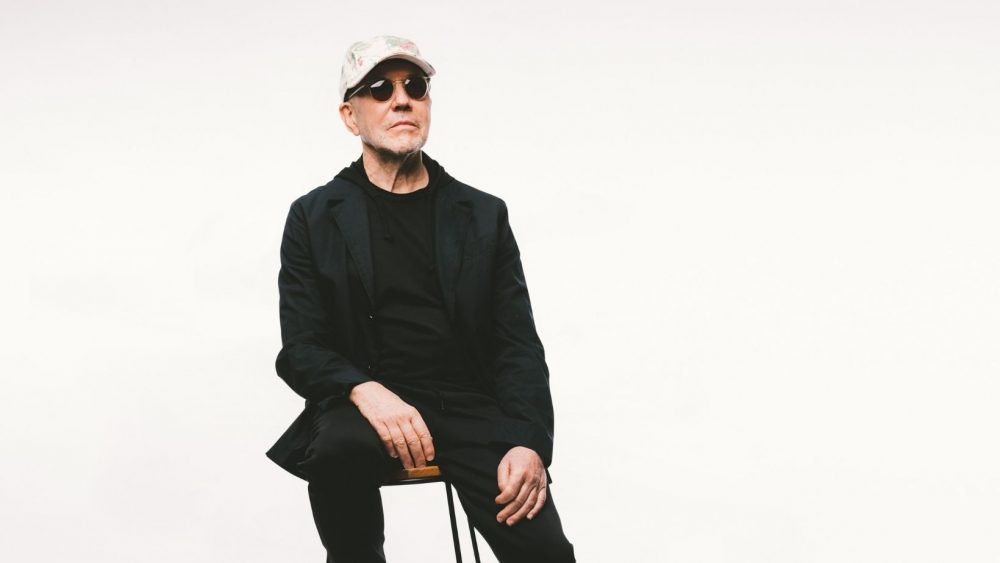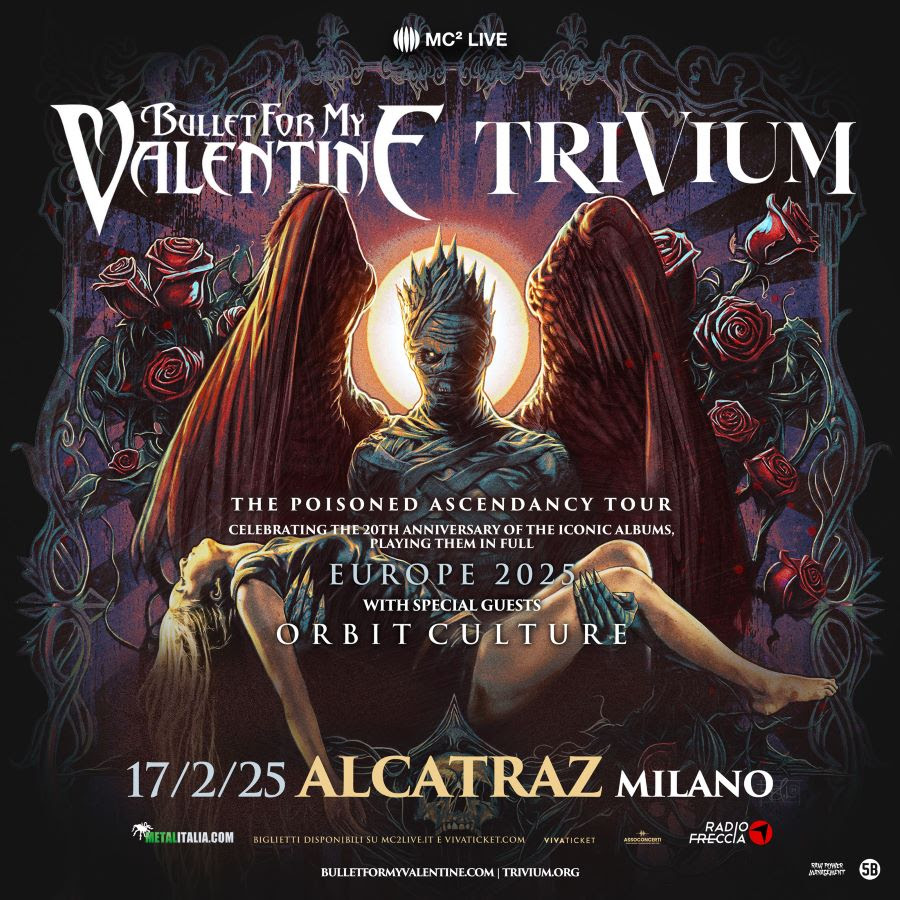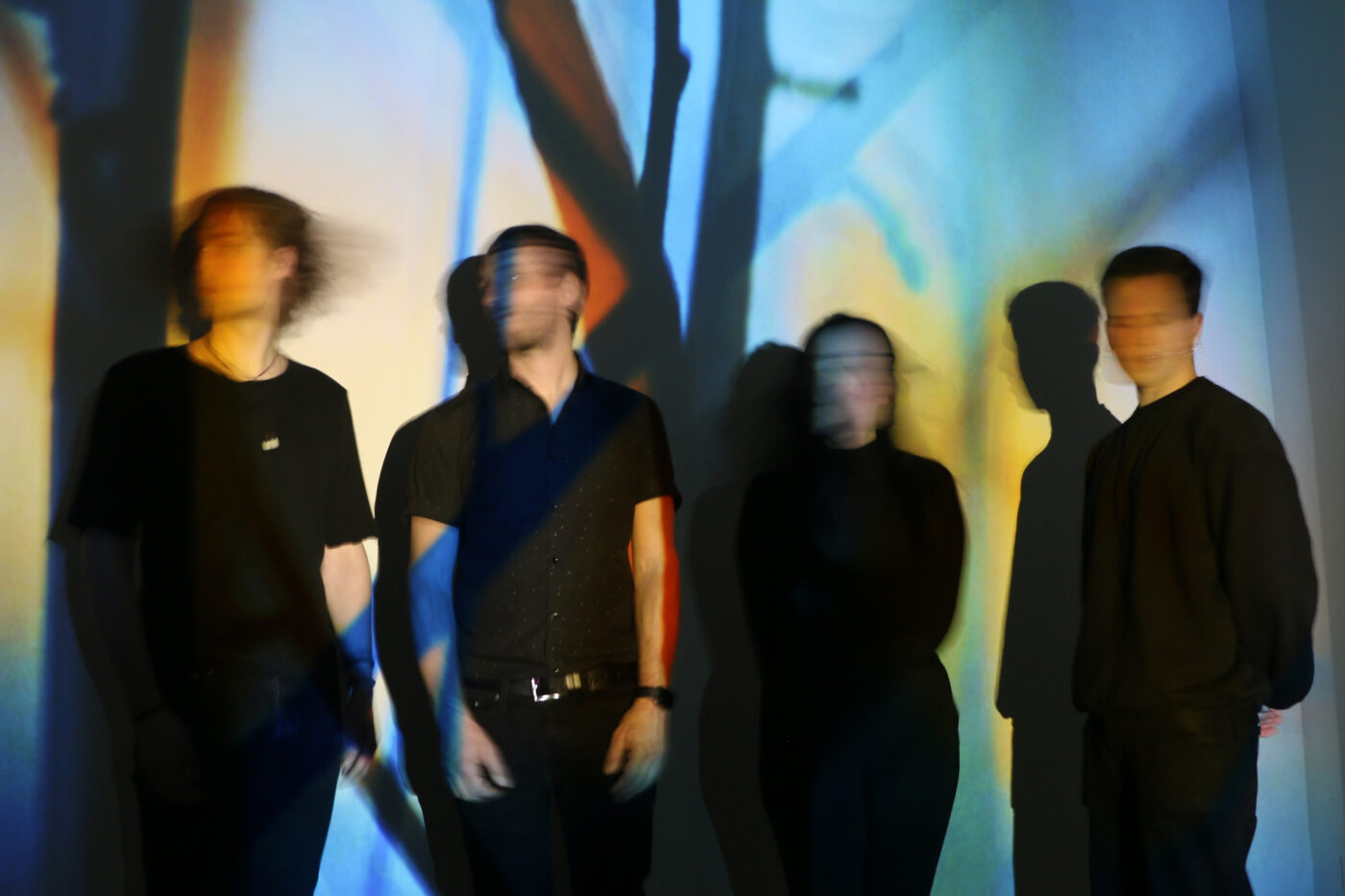“Backstory” un lavoro minimal ed elegante, che ripercorre i più grandi successi di Alan Clark
Quando pensiamo ai Dire Straits e alla loro storia, un capitolo va senza dubbio dedicato al tastierista britannico Alan Clark.
Nato a Great Lumly nel 1952, è considerato il genio assoluto di “Tunnel of Love”, ma è apprezzato anche come pianista nei lavori con Bob Dylan ed Eric Clapton.
Il suo ultimo album, uscito il 24 settembre per Ponderosa Music Records, è un lavoro minimal ed elegante, che ripercorre i più grandi successi della sua strepitosa e fortunata carriera.
1. Come si definirebbe Alan Clark oggi?
Uno dei vantaggi dell’invecchiare è che puoi filtrare un sacco di stronzate che le menti più giovani potrebbero sopportare, e questo vale per fare musica. Mi diverto più che mai a fare musica. Quindi, mi definirei un musicista maturo a cui piace fare musica più che mai.
2. Sei un grande musicista con collaborazioni importanti: qual è il segreto del tuo successo e quanto lavoro/sacrificio hai richiesto? Un artista a cui sei rimasto particolarmente legato con cui hai collaborato?
Vorrei dire che ho passato 8 ore al giorno a fare pratica, che è il segreto del mio successo, ma non sarebbe vero. Sono una persona piuttosto pigra, davvero, anche se posso lavorare sodo in modo ossessivo quando si presenta l’occasione. Il segreto del mio successo è che sono nato con un talento che mi permette di fare musica che piace ad altre persone, e quel talento mi ha permesso di essere un musicista professionista per tutta la vita. In effetti, sono l’unico musicista che conosco che non ha avuto un altro lavoro o non ha vissuto di sussidi statali. Riguardo alla domanda sugli artisti preferiti: erano tutti molto carini; sarebbe più facile menzionare quelli che non lo sono, ma non lo farò!
3. Da ragazzo, quando è scoccata la scintilla per la musica e cosa ti piaceva ascoltare?
Non ascoltavo molta musica da bambino perché non avevamo un giradischi. Ho sentito musica alla radio e alla tv, e ho sempre avuto la capacità di impararla velocemente “a orecchio”. Ho preso lezioni di pianoforte dall’età di 6 anni fino a circa 9, poi ho iniziato a suonare a orecchio quando ne avevo 11 circa, ed è allora che è iniziato tutto. Ho iniziato a suonare professionalmente nei Working Man’s Clubs quando avevo 13 anni! I dischi che si sono distinti nella mia giovinezza sono i Beatles’ Revolution, Ike e Tina Turner’s River Deep, Mountain High, l’album dei Beatles Abbey Road, gli album Talking Book di Stevie Wonder e Innervisions.
4. “Backstory” il tuo ultimo album uscito il 24 settembre per Ponderosa Music Records, un lavoro minimal ed elegante, che ripercorre i più grandi successi della tua fantastica carriera. Raccontaci come è nata l’idea e qual è la canzone più emozionante che hai scritto?
La storia è nata dopo aver suonato al Piano City di Milano. Sono stato invitato lì da Alberto Fabris, che ha continuato a produrre il mio disco. All’inizio ho detto di no – perché sono pigro – come ho fatto quando mi ha chiesto di fare questo disco, ma mi sono convinto e mi è piaciuto molto, come ho fatto io a fare il disco. La canzone più emozionante di solito è sempre l’ultima che ho scritto, anche se la mia canzone preferita al momento è quella che ho scritto 2 brani fa, che sarà nel mio prossimo disco.
5. Quale futuro vedi per la musica dopo questa pandemia globale? E quali sono i tuoi progetti futuri?
Il futuro della musica? La musica durerà e fiorirà, indipendentemente dagli eventi mondiali, perché è una parte essenziale dell’esistenza umana. Quando mi viene chiesto, come faccio a volte, di riassumere quello che faccio, in una frase, dico “Faccio suoni che possono far piangere le persone e renderle felici”. La fisiologia alla base di questa musica triste permette alle persone di visitare la tristezza senza sperimentarla per davvero, e questo li rende felici. I miei progetti futuri sono di continuare a fare musica per pianoforte e suonare concerti di pianoforte solista, che sono i miei nuovi amori, e continuare a collaborare con altri artisti e musicisti; in altre parole, continuare a fare ciò che so fare meglio.
6. Tornando ai Dire Straits, qualche possibilità di ricongiungimento?
Direi che le possibilità di una reunion dei Dire Straits, su una scala da 0 a 10, sono 0!
……………………………………………………………………………………………………………………………………………………………………………………………………..
English Version:
“Backstory” a minimal and elegant work, which traces the greatest hits of Alan Clark
When we think about Dire Straits and their history, a chapter must undoubtedly be dedicated to the British keyboardist Alan Clark. Born in Great Lumly in 1952, he’s considered the absolute genius of “Tunnel of Love”, but he is also appreciated as a pianist in the works with Bob Dylan and Eric Clapton. His latest album, released on September 24th by Ponderosa Music Records, is a minimal and elegant work, which traces the greatest hits of his amazing and successful career.
1.How would Alan Clark define himself today?
One of the advantages of growing old is you get to filter out a lot of the bullshit that younger minds might put up with, and this applies to making music. I’m enjoying making music more than ever. So, I’d define myself as a mature musician who’s enjoying making music more than ever.
2.You are a great musician with important collaborations: what is the secret of your success and how much work / sacrifice did you require? An artist with whom you have remained particularly attached to whom you have collaborated with?
I’d like to say I’ve spent 8hrs a day practising, which is the secret of my success, but it wouldn’t be true. I’m quite a lazy person, really, although I can work obsessively hard when the occasion arises. The secret of my success is I was born with a talent that allows me to make music that other people like, and that talent has allowed me to be a professional musician all of my life. In fact, I’m the only musician I know who hasn’t had another job or lived on state handouts. Regarding the question about favourite artists: they were all really nice; it would be easier mention the ones who aren’t, but I’m not going to!
3.As a boy, when did the spark for music strike and what did you like to listen to?
I didn’t listen to much music as a child because we didn’t have a record player. I heard music on the radio and tv, and I’ve always had the ability to learn it quickly “by ear”. I took piano lessons from the age of 6 until about 9, then I started playing by ear when I was 11 or so, and that’s when it all began. I started played professionally in Working Man’s Clubs when I was 13! Records that stand out in my youth are the Beatles’ Revolution, Ike and Tina Turner’s River Deep, Mountain High, the Beatles Abbey Road album, Stevie Wonder’s Talking Book and Innervisions albums.
4.”Backstory” your latest album released on September 24th by Ponderosa Music Records, a minimal and elegant work, which traces the greatest hits of your amazing career. Tell us how the idea was born and what is the most exciting song you wrote?
Backstory came about after I played at Piano City in Milano. I was invited there by Alberto Fabris, who went on to produce my record. At first I said no – because I’m lazy – as I did when he asked me to make this record, but I was persuaded and really enjoyed it, as I did making the record. The most exciting song is usually always the last one I’ve written, although my favourite tune of mine at the moment is one I wrote 2 tunes ago, which will be on my next record.
5.What future do you see for music after this global pandemic? And, what are your future projects?
The future of music? Music will endure and flourish, regardless of world events, because it is an essential part of human existence. When I’m asked, as I occasionally am, to summarise what I do, in one sentence, I say “I make sounds that can make people cry that makes them happy.” The physiology behind this is sad music allows people to visit sadness without experiencing it for real, and this makes t6hem happy. My future plans are to continue making piano music and play solo piano concerts, which are my new loves, and to continue to collaborate with other artists and musicians; in other words, to carry on doing what I do best.
6.Going back to Dire Straits, any reunion chances?
I would say the chances of a Dire Straits reunion, on a scale of 0 to 10, are 0!
Un ringraziamento particolare a Ponderosa Music Records
Intervista di Ivana Stjepanovic




